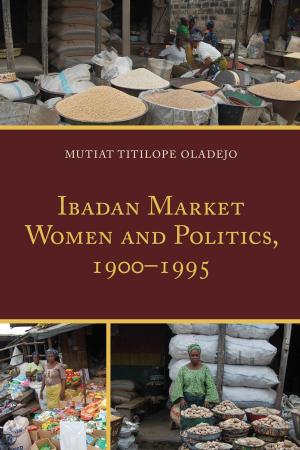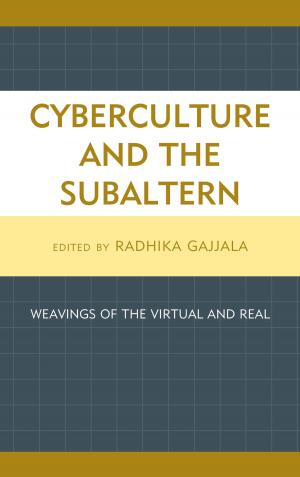Voices of Exile in Contemporary Canadian Francophone Literature
Fiction & Literature, Literary Theory & Criticism, French, European| Author: | Elizabeth F. Dahab | ISBN: | 9780739138380 |
| Publisher: | Lexington Books | Publication: | August 16, 2009 |
| Imprint: | Lexington Books | Language: | English |
| Author: | Elizabeth F. Dahab |
| ISBN: | 9780739138380 |
| Publisher: | Lexington Books |
| Publication: | August 16, 2009 |
| Imprint: | Lexington Books |
| Language: | English |
Over the last four decades, the largest French-speaking state in North America, QuZbec, has nested more than a dozen vibrant modes of French expression created by members of the varied cultural communities that have settled there. Voices of Exile in Contemporary Canadian Francophone Literature examines the works of several first-generation Canadian authors originating from Lebanon, Iraq, Egypt, and the Maghreb, who produced a trilingual literature that reflects the diversity of their cultural backgrounds. By casting a critical eye on the works of Saad Elkhadem, Naim Kattan, Abla Farhoud, Wajdi Mouawad, and HZdi Bouraoui, F. Elizabeth Dahab explores themes, styles, and structures that characterize the oeuvre of those authors. Dahab demonstrates that their mode is exile, and in so doing, she reveals the ways in which these writers seek to shape their art, using a host of innovative techniques that engage their renewed cultural identity.
Over the last four decades, the largest French-speaking state in North America, QuZbec, has nested more than a dozen vibrant modes of French expression created by members of the varied cultural communities that have settled there. Voices of Exile in Contemporary Canadian Francophone Literature examines the works of several first-generation Canadian authors originating from Lebanon, Iraq, Egypt, and the Maghreb, who produced a trilingual literature that reflects the diversity of their cultural backgrounds. By casting a critical eye on the works of Saad Elkhadem, Naim Kattan, Abla Farhoud, Wajdi Mouawad, and HZdi Bouraoui, F. Elizabeth Dahab explores themes, styles, and structures that characterize the oeuvre of those authors. Dahab demonstrates that their mode is exile, and in so doing, she reveals the ways in which these writers seek to shape their art, using a host of innovative techniques that engage their renewed cultural identity.















